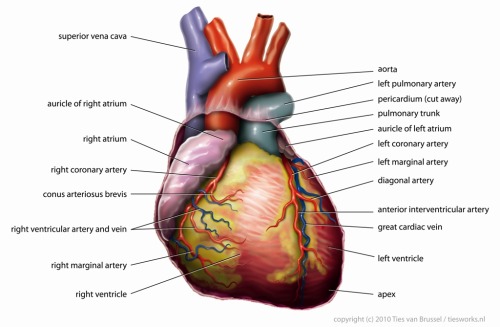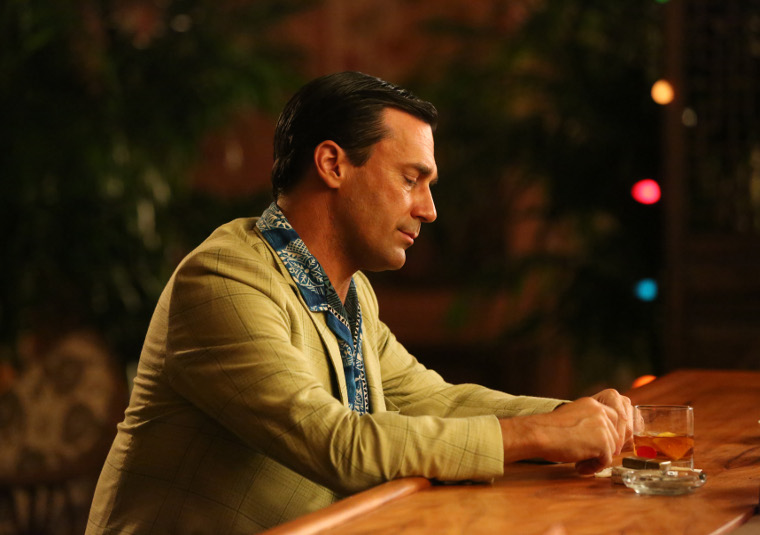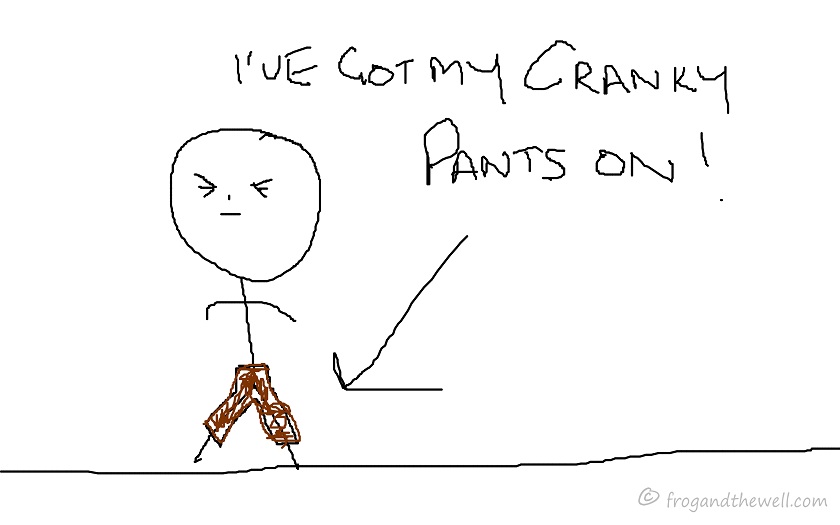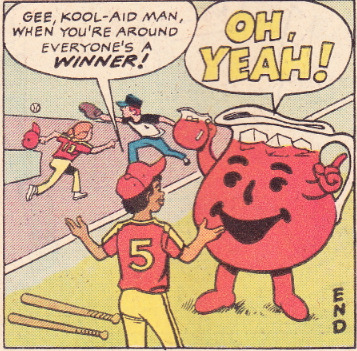2 CORINTHIANS 8:7-15
7Now as you excel in everything — in faith, in speech, in knowledge, in utmost eagerness, and in our love for you — so we want you to excel also in this generous undertaking.
8I do not say this as a command, but I am testing the genuineness of your love against the earnestness of others.9For you know the generous act of our Lord Jesus Christ, that though he was rich, yet for your sakes he became poor, so that by his poverty you might become rich.10And in this matter I am giving my advice: it is appropriate for you who began last year not only to do something but even to desire to do something — 11now finish doing it, so that your eagerness may be matched by completing it according to your means.12For if the eagerness is there, the gift is acceptable according to what one has — not according to what one does not have.13I do not mean that there should be relief for others and pressure on you, but it is a question of a fair balance between14your present abundance and their need, so that their abundance may be for your need, in order that there may be a fair balance.15As it is written, "The one who had much did not have too much, and the one who had little did not have too little."
Jack was 78 and Larry, somewhere in his late fifties, early sixties, and they’d been together for 38 years. When the G.A. passed the amendment allowing churches to marry folks in same sex relationships, Mike, the associate pastor at Hot Metal, and I, played paper, rock, scissors for the right to officiate their wedding. And then Larry said, “Why can’t you both do it?” So we did. They had a flower girl and wore ties and Jack even removed his baseball cap for the occasion. It was an amazing day. Jack said he didn’t really need to get married, but that he was doing it for Larry, because he knew how much it meant to him. But later, Jack told anyone who would listen, how he didn’t know he needed it, but that it was so important to him to marry his love in the church, supported by the community that he loved, that loved him.
This week was a good week for Jack and Larry. A whole lot of wins for all kinds of folks living on the margins of society.
So, naturally, the lectionary refuses to cooperate. Instead, it’s the perfect week to hear a really manipulative lecture from Paul about how we all need to dig a little bit deeper, scrape the bottoms of our savings accounts a little more, and cough up more money for all those disenfranchised folks in Jerusalem.
I’m guessing most of us here would consider this week to be a really good week, perhaps one of the politically brightest weeks of our entire lives. We were right! We finally have justice! Love wins!
So…I do suppose it’s time to get dumped on with one of Paul’s grand guilt trips. “You have all the things!” he says to the Corinthians. “Look at how much Jesus has given you! How much he sacrificed! Surely you can cut out your latte fund and give a little,” he writes. “I mean, look at those Macedonians! They don’t have two drachmas to rub together, and look what they’ve done, how much they’ve given! You guys had a rough time of it with the last letter I sent. But with this new report card, you Corinthians get A+s in all the things. You are at the top of your game with all the stuff. You excel in the careers and the academics and the speech and the knowing, so why can’t you excel in this generosity thing too?”
“And anyway,” Paul says, “I’m not really asking for much, just a reasonable amount, something that will fit easily into your budget, no need to go crazy here; for just a quarter a day you, too, can feed a hungry Jerusalemite.”
But, as usual, it’s easy to miss the crazy behind Paul’s eyes. It’s easy to turn this in to a stewardship sermon about how we all should just give our fair share and then, voila, we’ve done our part, we can go back to binge watching Orange Is the New Black. It’s easy to miss that Paul is asking these folks to do something completely counter-intuitive. Those folks in Jerusalem kicked the Greeks out of their church. They gave them a list of things to do, prayers to pray, sacrifices to offer, and then and only then could they come into their homes, into their communities, their church.
Paul is telling these Gentile churches to collect money for those folks who, at least at first, likely wouldn’t have welcomed them at their dinner tables. Paul wants these folks to give money to the equivalent of the small conservative church at the city limits whose members you saw protesting in front of the court house, demanding a constitutional amendment for a “traditional” interpretation of marriage. Paul tells them, give them your cash, help them repair their leaking roof. Give money and prayers and even your sense of pride to those who kicked you out.
No. This isn't a stewardship sermon. This is a poverty sermon. Open your empty hearts, dig in your lint-filled pockets, scan your maxed out credit card, realize all that you don’t have. And then give it away anyways.
When caught on a bad day, one-tooth Bill is an angry homophobe with an anger control problem. Often, right when I need to do something pressing to get the meal ready, he calls me over with his finger, and then drags me in to his rant.
I stand there politely as he talks about his son who was unfairly put in prison, about how the church is refusing to depend upon the Holy Spirit, about how the Bible is infallible, about how homosexuals are his enemies and if he saw one get hit by a car he might stop to call 911, because it’s his Christian duty, but he certainly wouldn’t touch such a person. (How he’d figure out a person’s sexual orientation as he or she lie unconscious in the middle of Carson Street is beyond me, but I try not to get dragged in by such "trifling" details.) And then Jack and his husband, Larry, serve him a plate of homemade haluski, coleslaw, and a chipped ham sandwich, paid for out of Jack’s modest social security payment.
At the end of the meal, one-tooth Bill will enjoy a huge slice of cake, frosted an inch thick by Jack with his special secret pineapple frosting.
Every Tuesday and Thursday night at The Table, Jack donated his bossy nature, his opinions and commanding presence, and Larry donated his nose-to-the-grind work ethic and amazing dishwashing skills. Later, when Bill did “find out” about Jack and Larry, he still came to The Table every night, but refused to talk to them, refused to engage with them, didn’t even look Larry in the eye as he set his plate of hamburger macaroni and sliced peaches gently in front of him. First in line for seconds, One-Tooth Bill would take the to-go meal from Jack’s hands, refusing eye contact. Walking away without a word.
And the truth is, Jack didn’t much like him either.
The Corinthian gave the Jerusalemite a sandwich, a slice of cake, a cup of coffee, week after week after week. They didn’t talk. They didn’t touch. They didn’t swap stories or bum cigarettes. The Corinthian had food. The Jerusalemite had hunger. A symbiotic relationship. Jack needed to feed people. And Bill was hungry. Two lacks, two needs, two poverties, met and made whole simply because they both had a need the other could fill.
This isn’t a stewardship sermon. It’s not a buck up and suffer and serve people who hate you sermon. This is a poverty sermon.
Because we are not unless they are. We are not whole if we leave the Jerusalemites behind. If we say, “good riddance” and wipe their opposing views and uncomfortable theology and outright anger off our hands. Because we are all hungry for something. We all need. And like it or not, the Corinthians need the folks from Jerusalem. And the folks in Jerusalem sure as hell need the Corinthians. It’s not about who has and who doesn’t. It’s about how none of us has. It’s about showing up with your poverty, with your hunger, your empty pockets, your preconceived notions and even your bigotry and overdeveloped sense of self, just showing up. With the extravagant nothing that we’ve all been given.
This is a charis sermon. Charis - grace. This word that gets lost and diluted through English translation is mentioned five times in this short passage. Paul is telling the Corinthians that charis comes - not from what we have that we then give away, but from realizing how very much we need.
And we don’t know what we’re missing until we get it. Until our commitments are finally recognized as marriage in the midst of our beloved community. Until we feed someone who is demanding and judgmental and stands against everything we stand for and realize that the act of feeding feeds us. We’re all hungry for something.
Where your hunger is, that’s where your true riches are. Just like Jesus became poor so that we may all know what God is like. Just like Jesus died on a cross so that we may know what life is about. Just like he came to this earth as a poor peasant baby of a poor peasant unmarried girl so that we may know what true riches are.
Just like I show up to the Table again and again with my poverty of faith. With my doubts and skepticism and fear and questions about who God is and where God is and what is the point of all of this anyway.
And I go to The Table and I look for Jesus exactly because most days, I don’t think he’s there. But I have to show up. Because maybe I’ll be proven wrong. Because I want to be proven wrong. Because of the big maybe. Maybe if Jesus is going to show up anywhere, he’s going to show up there. Maybe if I show up all poor in my belief and my trust, I’ll see Jesus in the guy who despised the man who taught me everything I know about feeding people. Maybe I’ll learn what it means for “his abundance to be for my need.”
Maybe I’ll learn to give up my measuring stick. Give up this false need to be the 4.0 Captain of the Chess Club Homecoming Queen Miss Congeniality Upper Middle Class Food Pantry Volunteer. Maybe I’ll see another’s abundance and my own need. The grace in all that’s missing, empty, broken, helpless.
There is Charis everywhere there is lack, where there is poverty, where there is hunger. Grace is in the empty boxes and pockets turned inside out. Grace is in the man you feed a meal to even though he claims to hate you.
Grace is in gathering a bunch of rag-tag mess of folks with their bankruptcy and their broken teeth and their mental illness and infestation of bed bugs, and our doubt and our feelings of superiority and our college degrees — gathering all of us - all these poor, hungry folks together, for a chaotic meal, a half a millisecond of Jesus. All of us who’ve got it wrong. Together. Screwing up. Holding grudges. Passing out bread to each other. Sharing cups of coffee. Forgiving each other.
The last thing I remember Jack saying to me, was “Oh sure, Jenn. That’s no problem. You know you can ask me anytime.” He’d passed on the leadership of The Table to me, saying, “Well, Jenn, I didn’t think you could do it. But you surprised me.” And I needed him to pinch hit for me one night so that I could attend the Presbytery meeting to vote on the new language to the Book of Order concerning marriage for all. So I’d asked if he could take over one more night. “Oh sure, Jenn. That’s no problem. You know you can ask me anytime.”
The day before the Presbytery meeting, Jack suffered a catastrophic stroke. They kept him on machines until his family could get to the hospital. His family consisted of three rag-tag pastors who preach in torn jeans, a woman he called his daughter with an inoperable aneurism, her anorexic mother, the crack addicted handyman Jack let stay in his home between incarcerations, the addict’s on again off again ex-wife, and his Larry, his husband of 38 years who loved him through the AIDS scares and the alcoholism and the church rejections and beloved dog deaths and homemade lasagnas.
Jack died surrounded by the people he fed, and by the people who fed him. Surrounded by we who miss him terribly and feel his absence like an empty stomach. We, who need him still. Who needed us. Surrounded. By Charis. Grace. Jesus.
Jesus.
Thanks be to God.












